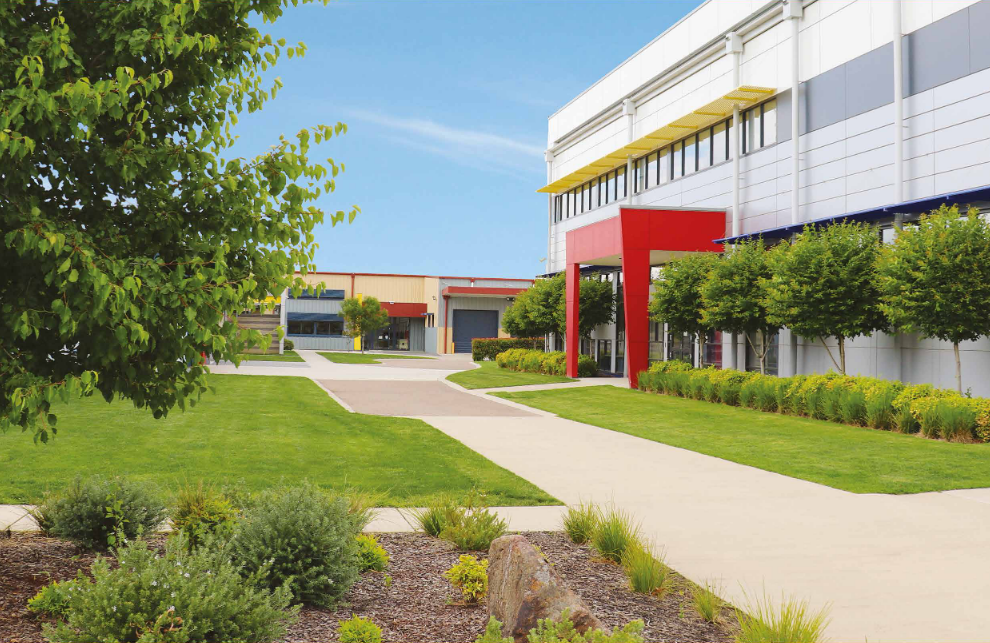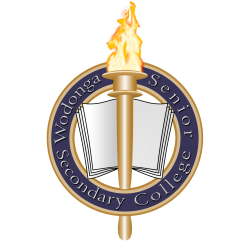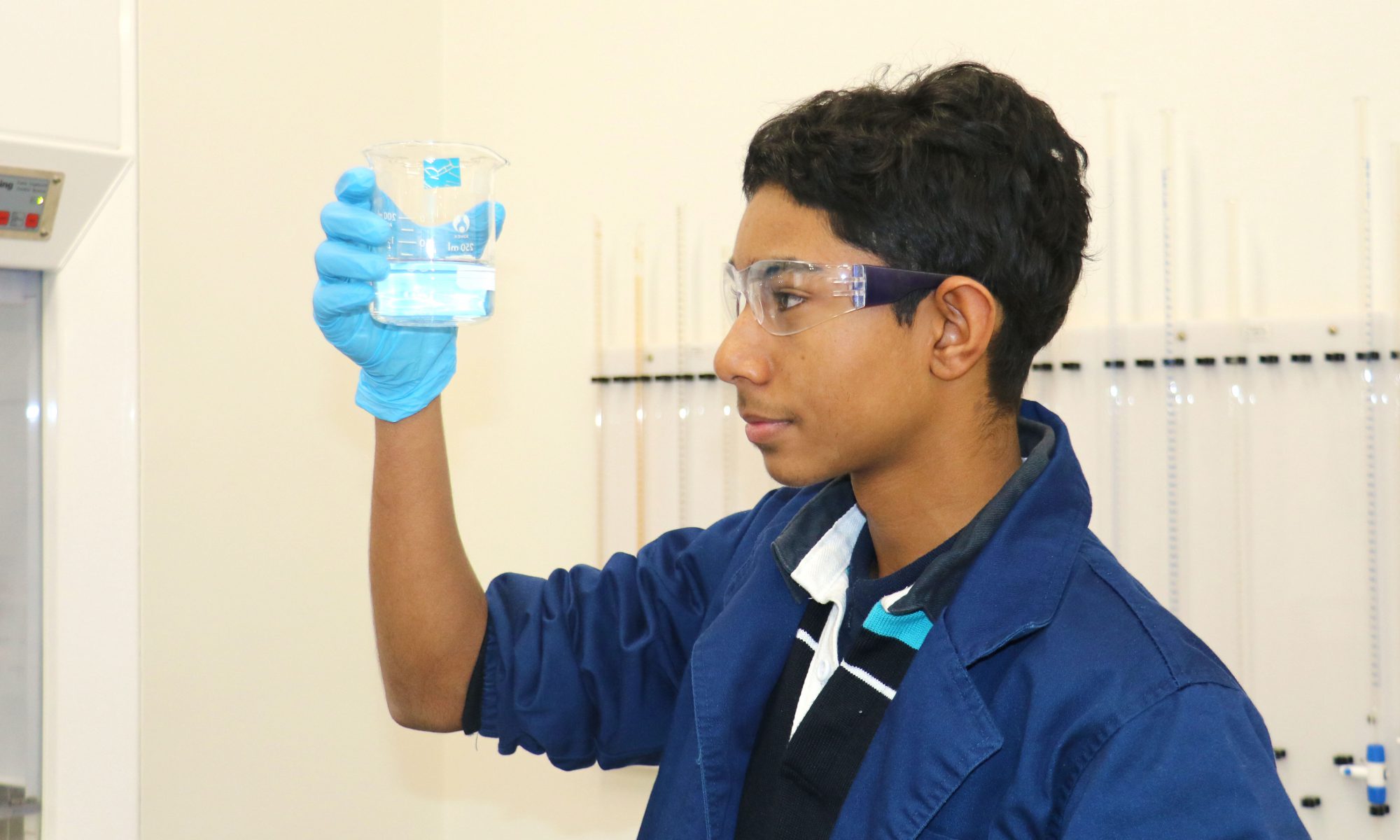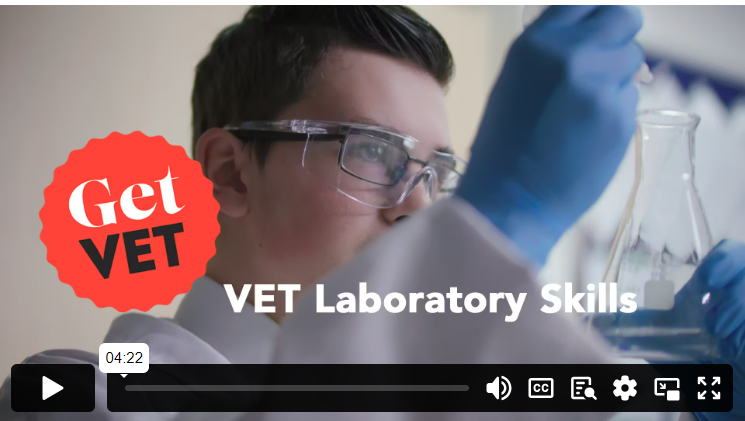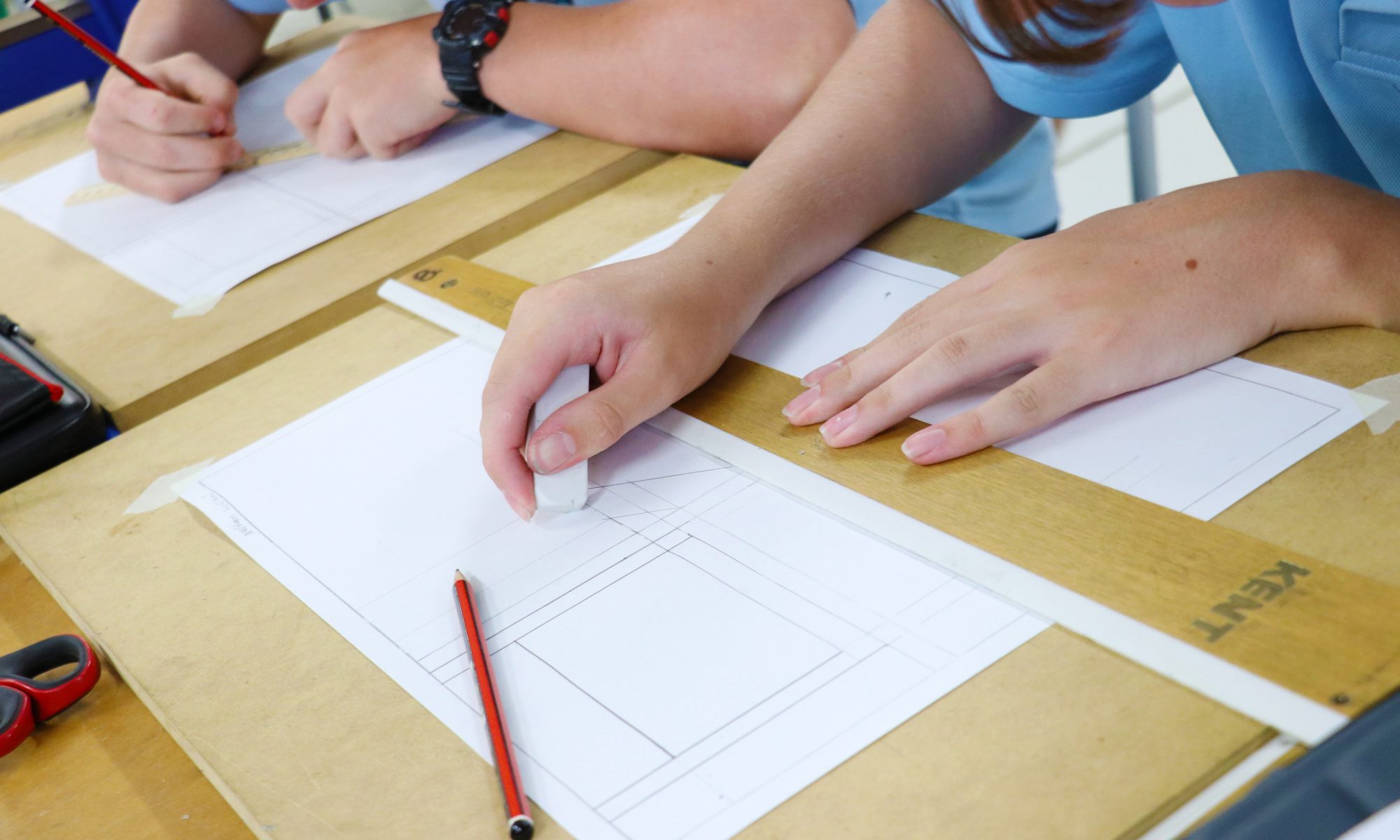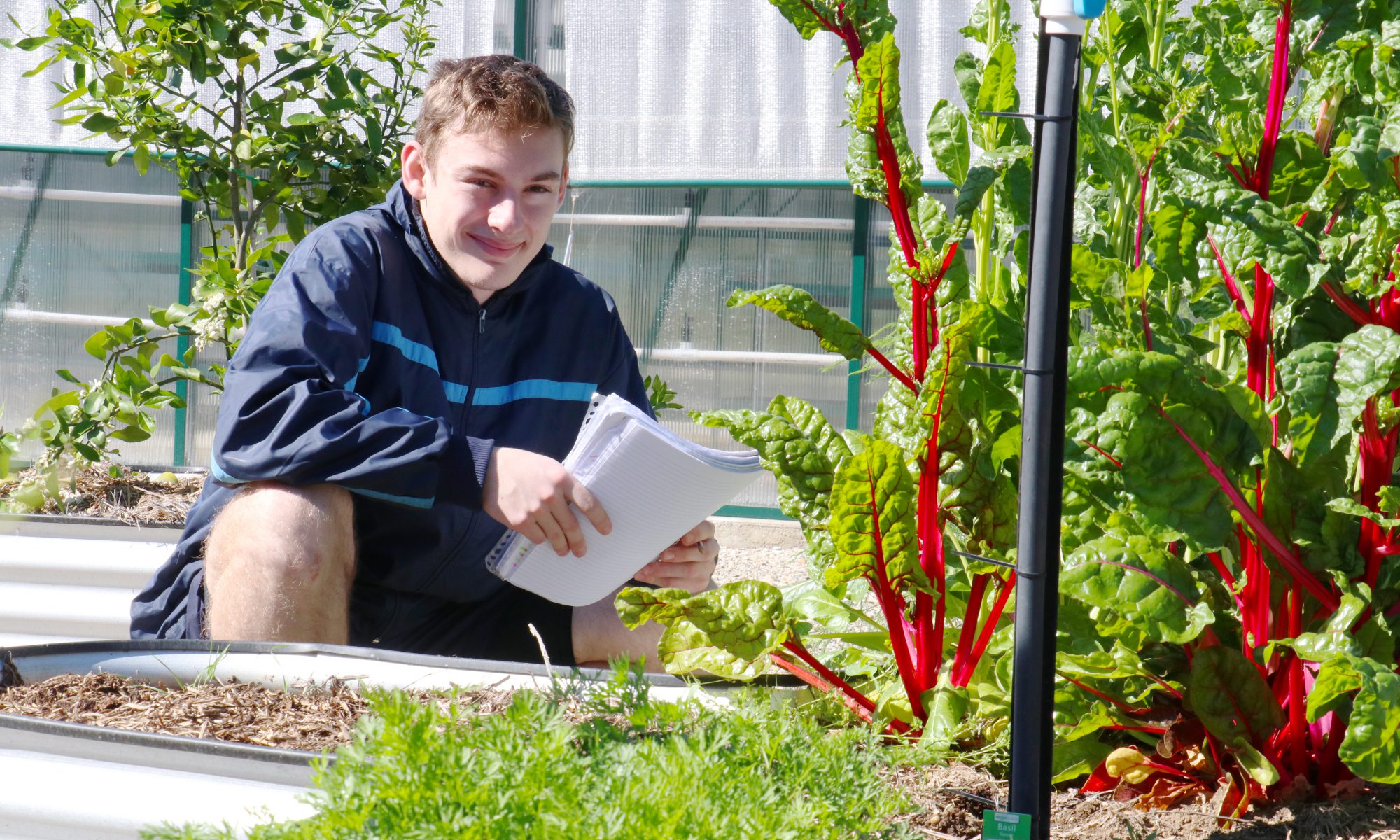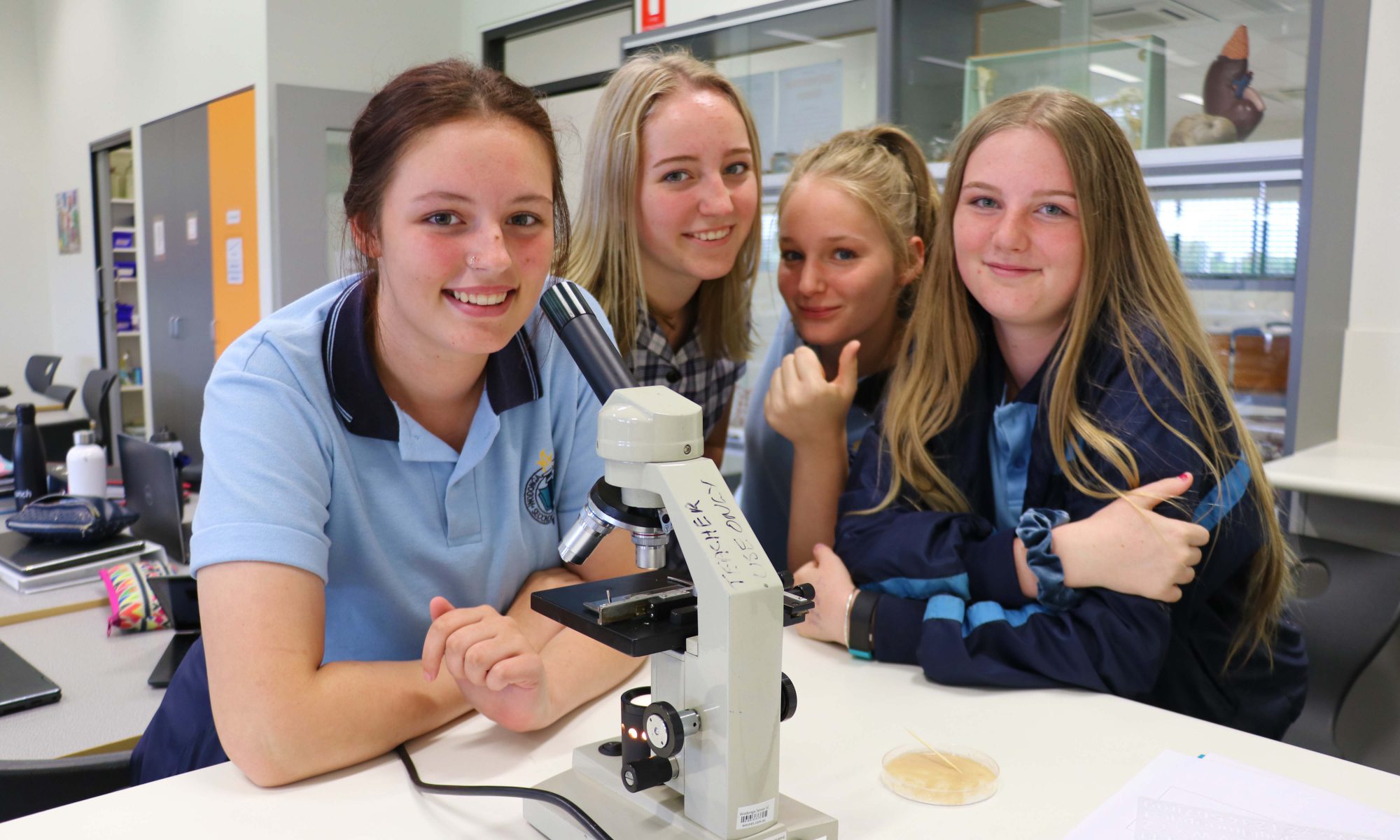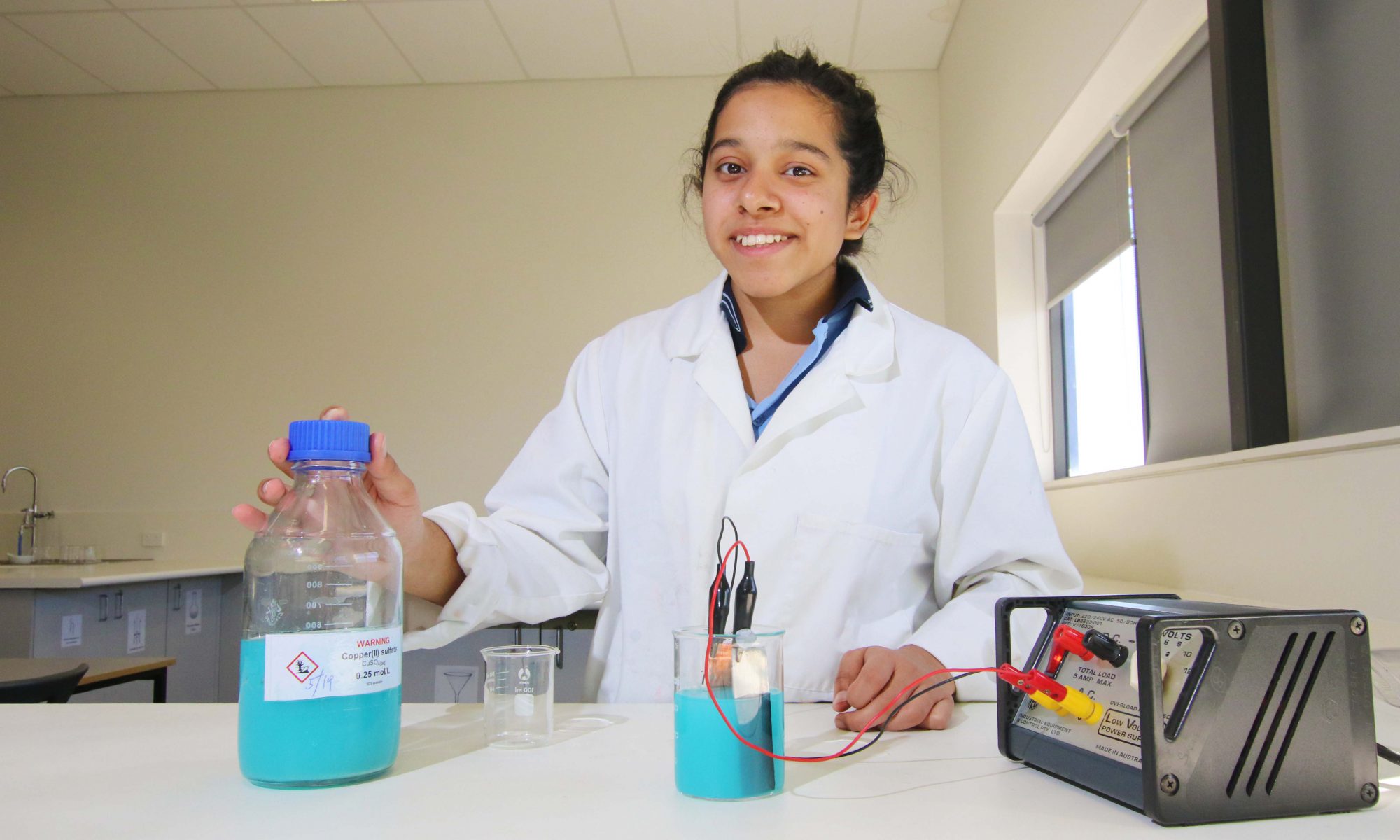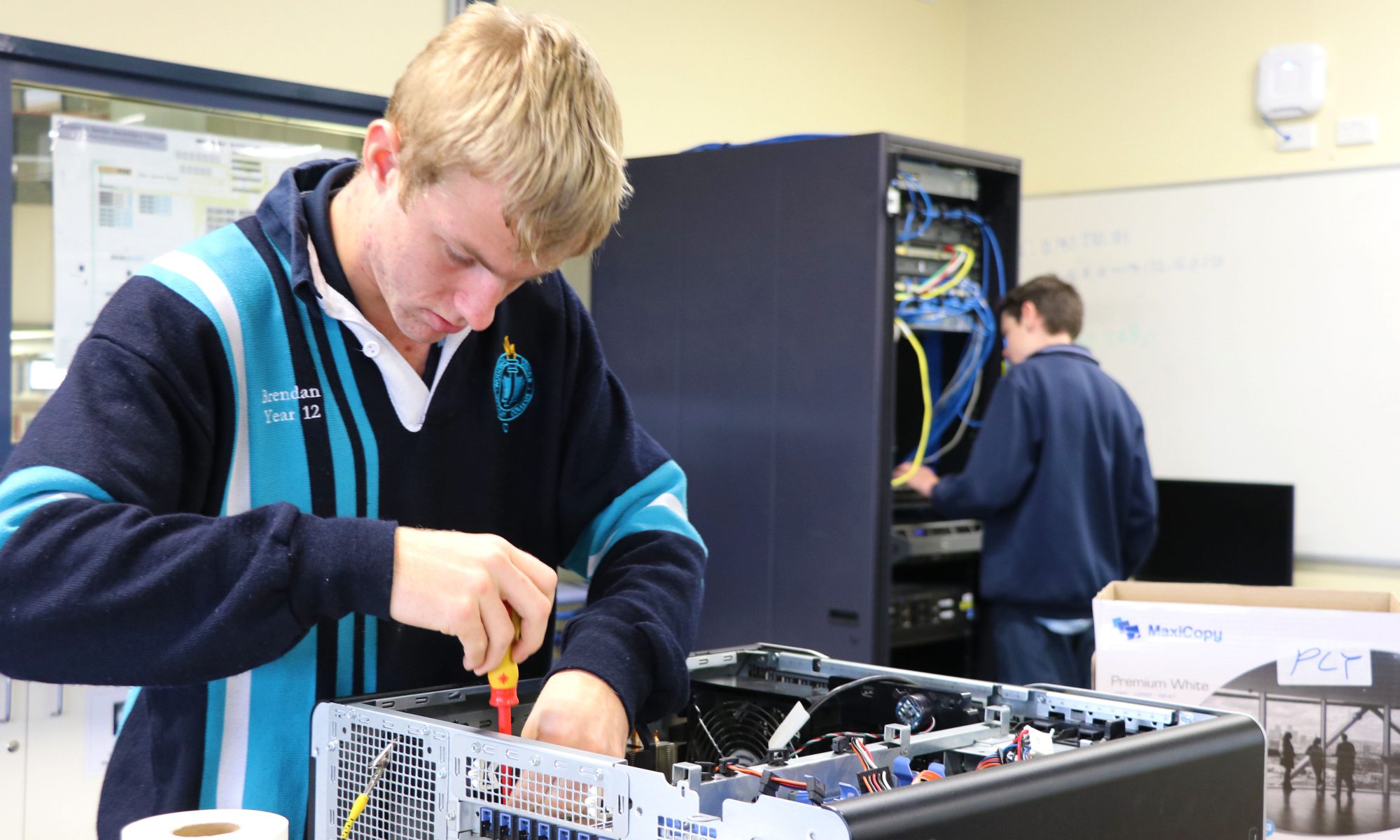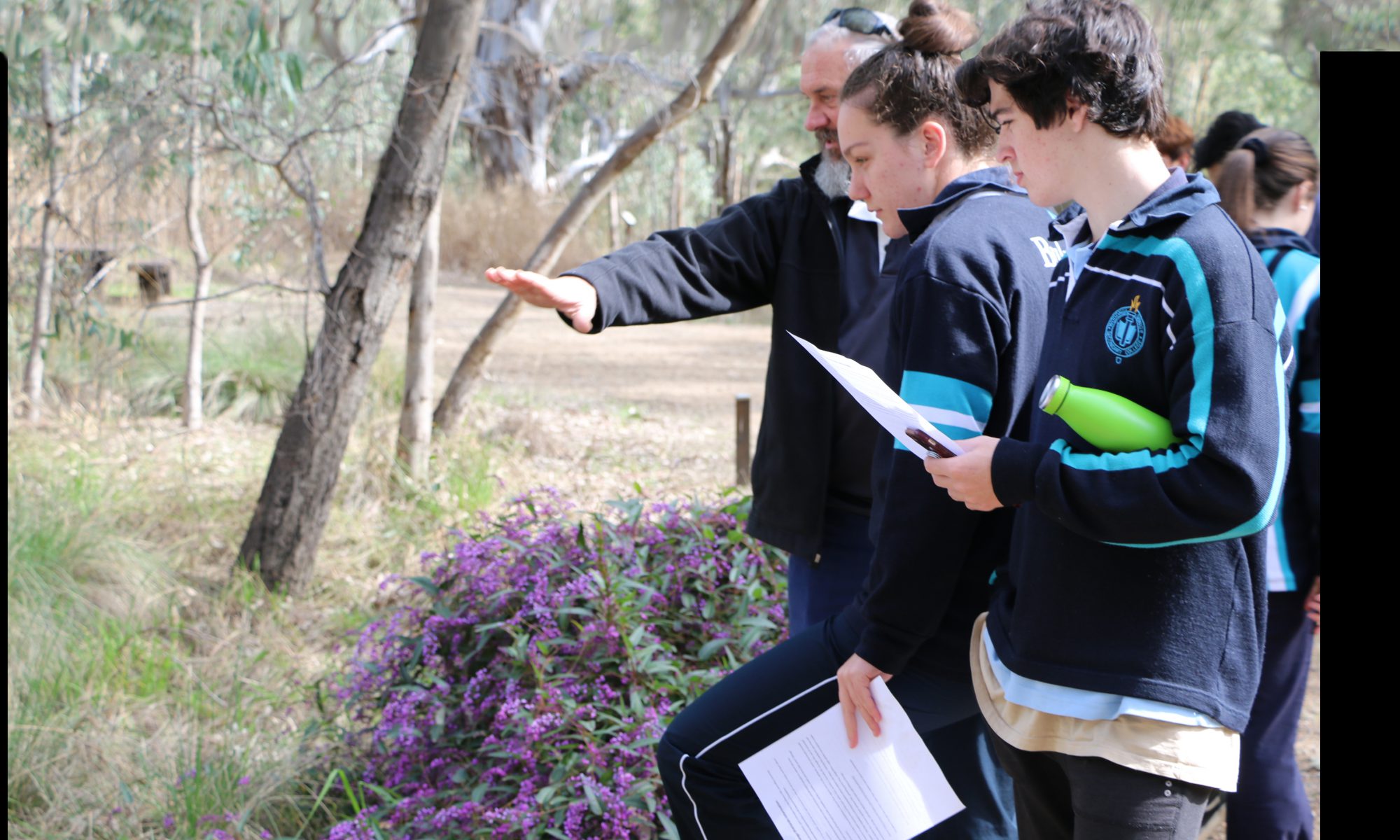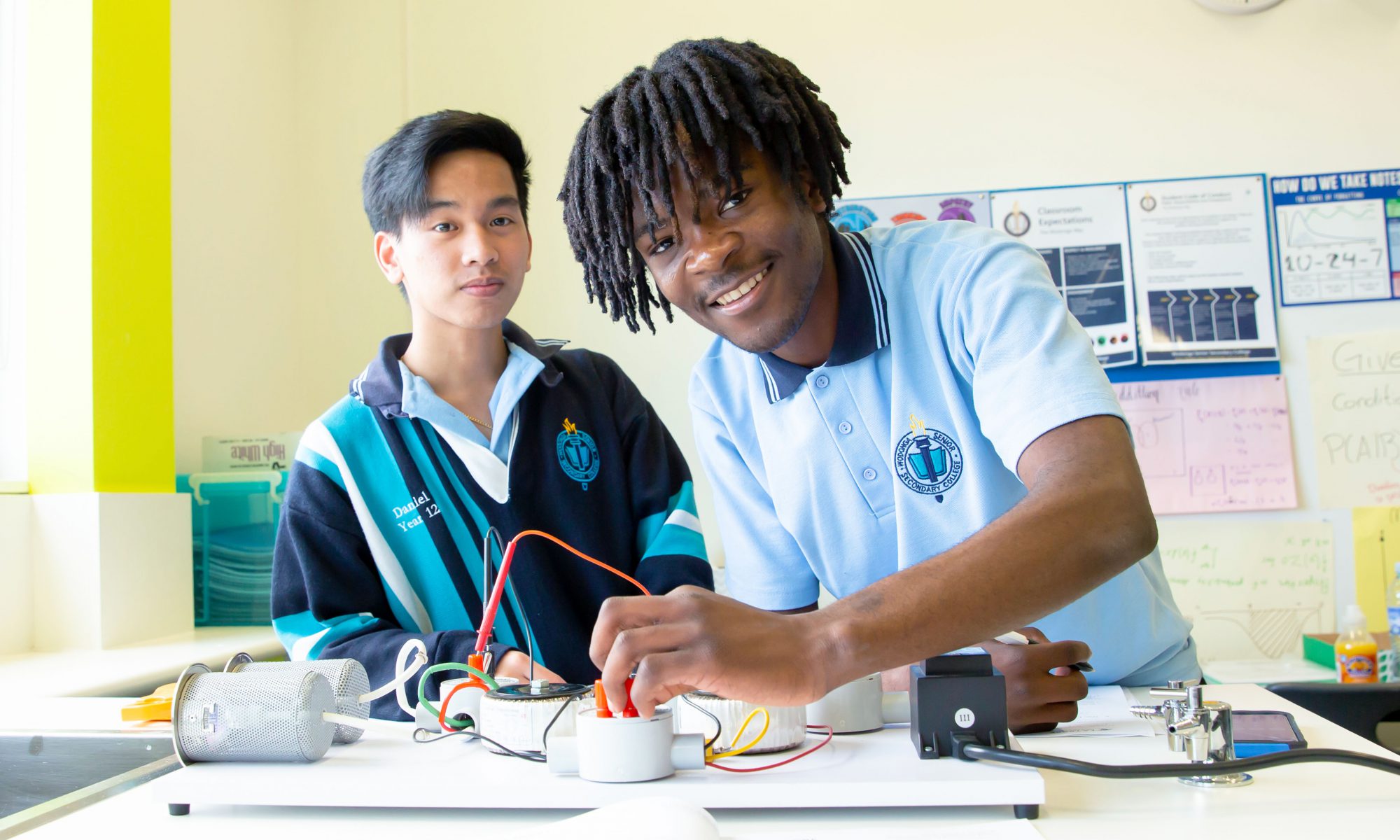VCE VET Laboratory Skills
Course Summary
If you love doing experiments and working in a lab, then this subject is perfect for you. Get ready to learn all the cool skills and knowledge you need to succeed in a laboratory setting.
In VET VCE Laboratory Skills, you’ll learn the basics of working in a lab. We’ll cover everything from how to use lab equipment safely to understanding important scientific principles. Throughout the course, you’ll get hands-on experience handling lab tools, conducting experiments, analyzing data, and keeping your workspace clean and organized.
VCE: Unit 1 & 2 available
VET: MSL30122 Certificate III in Laboratory Skills
Structured workplace learning advice: 80 hours strongly recommended but not compulsory
Learning Activities & Assessment
- process and record data and recognise trends and out of control conditions.
- operate test equipment and instruments and make limited adjustments to their controls.
- preparing working solutions and performing microscopic examinations
- performing aseptic techniques
Classroom Virtual Tour
Quick Links
Approximate Costs
Unit 1 & 2
N/A
Unit 3 & 4
N/A
Learning Area Contact
Technology Learning Area Leader
